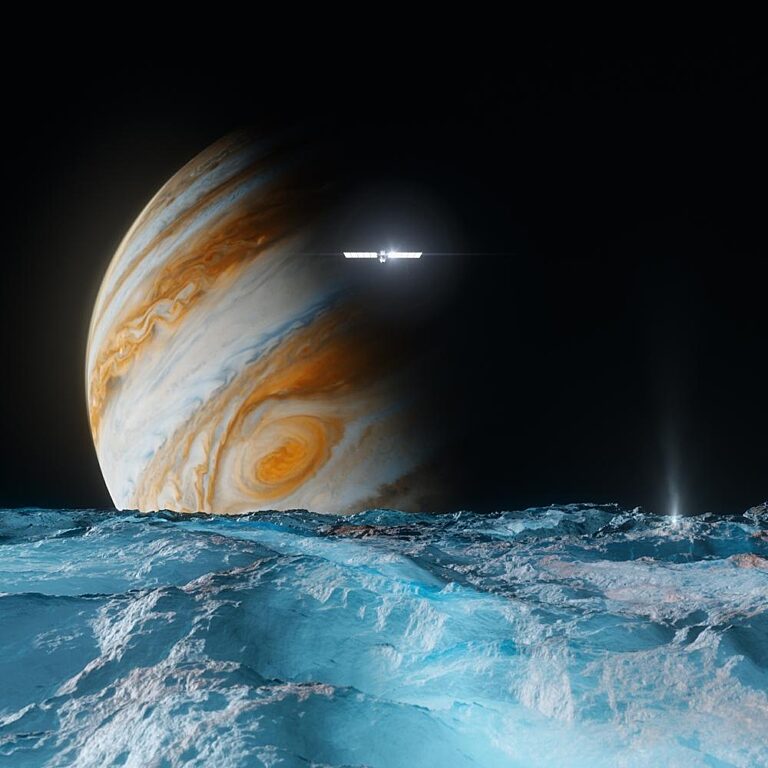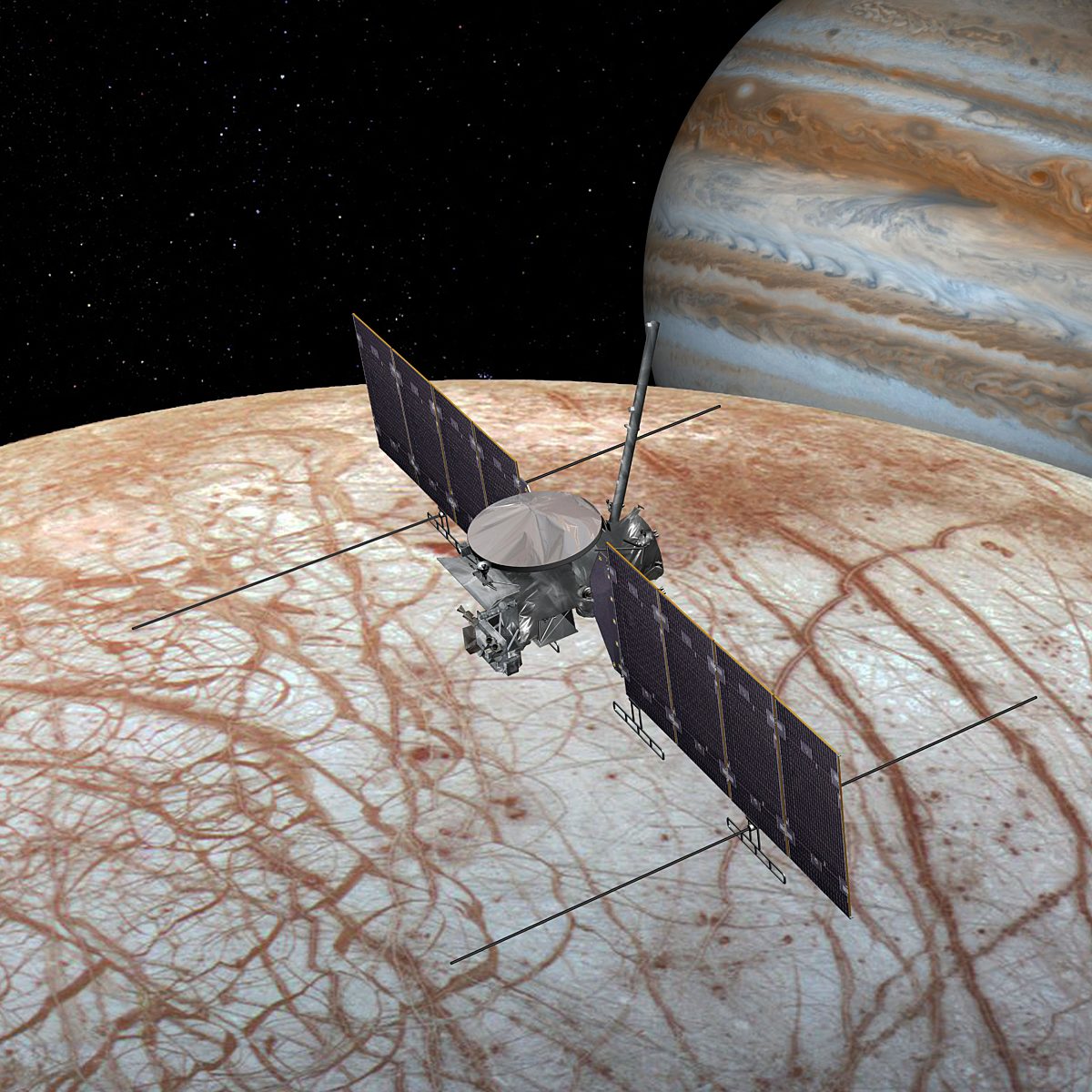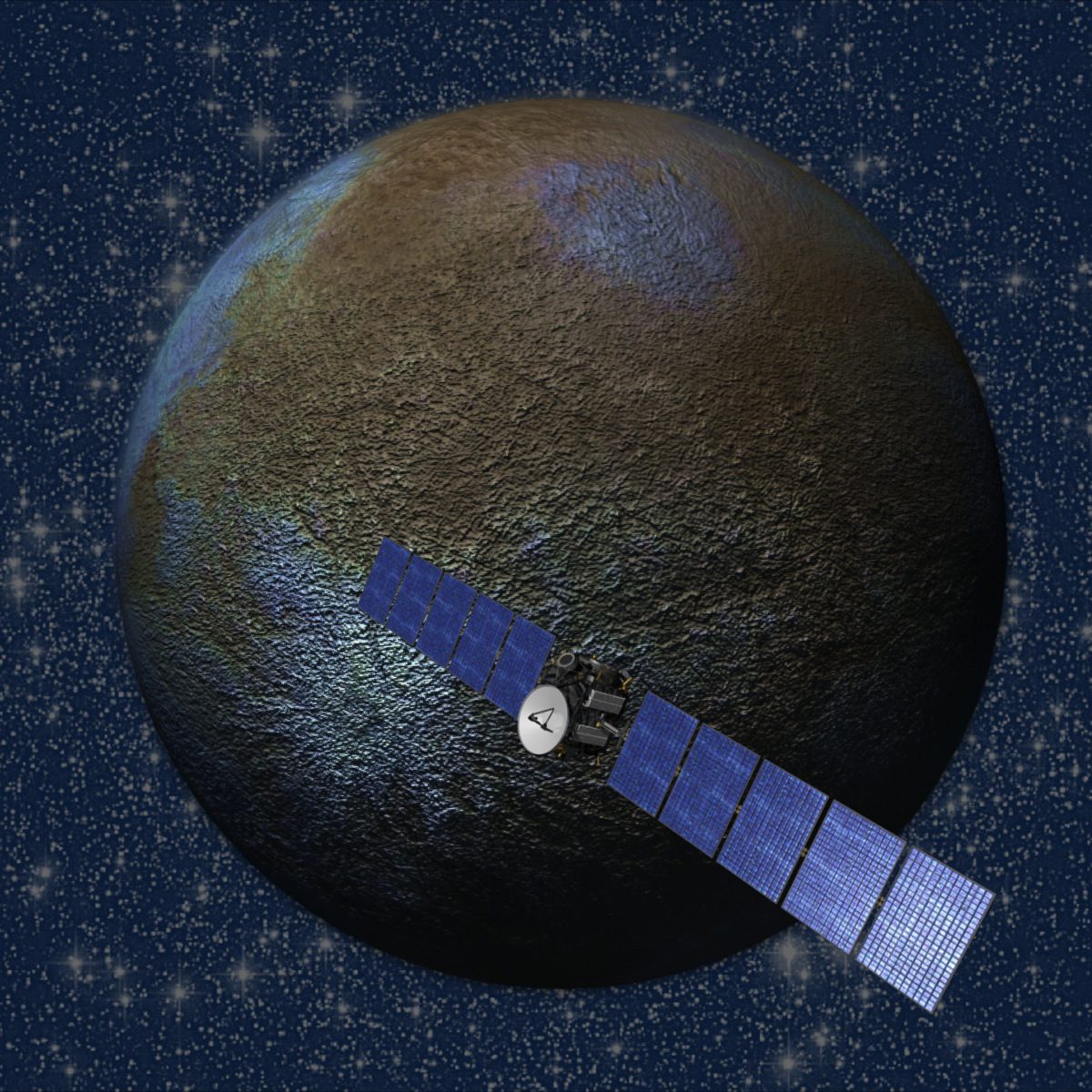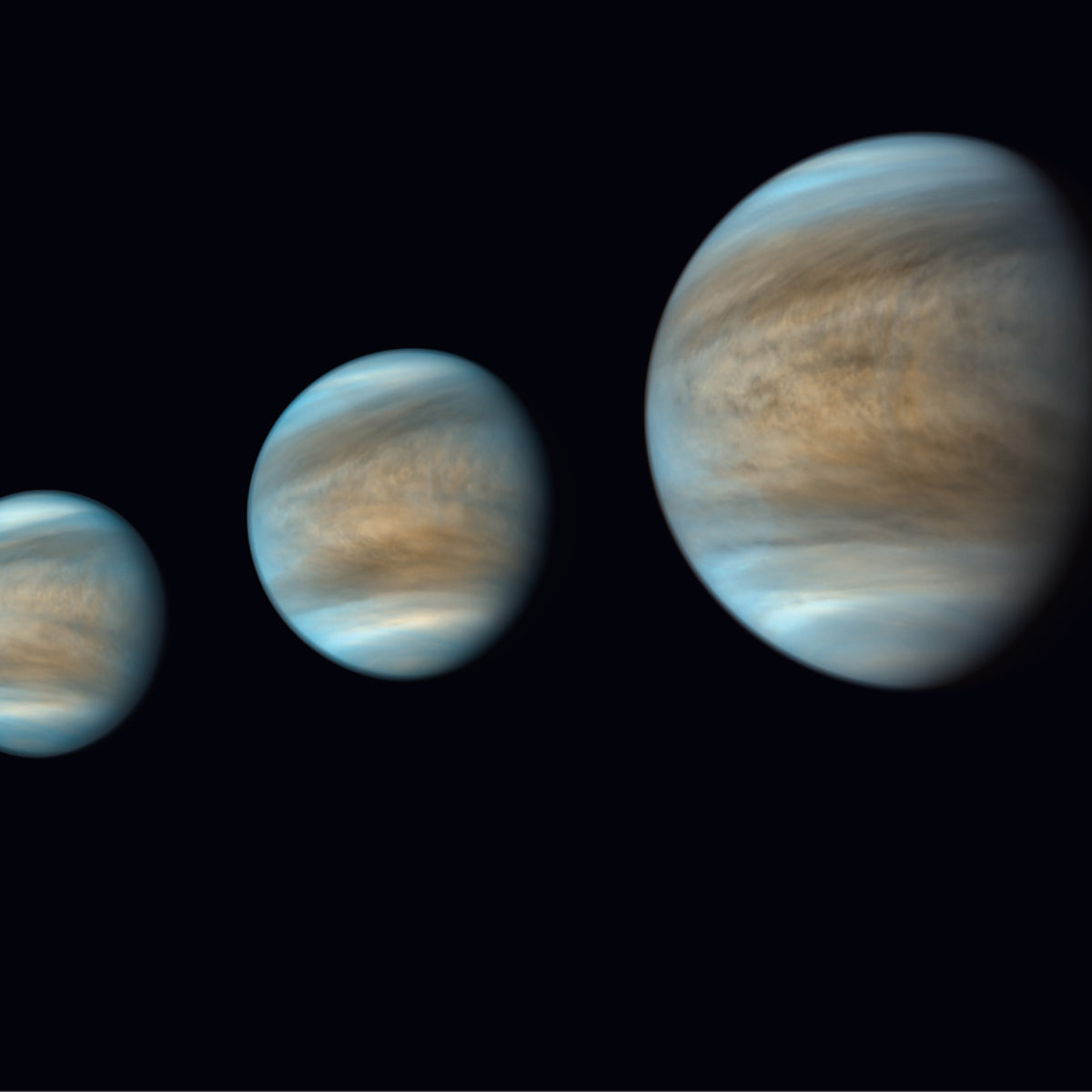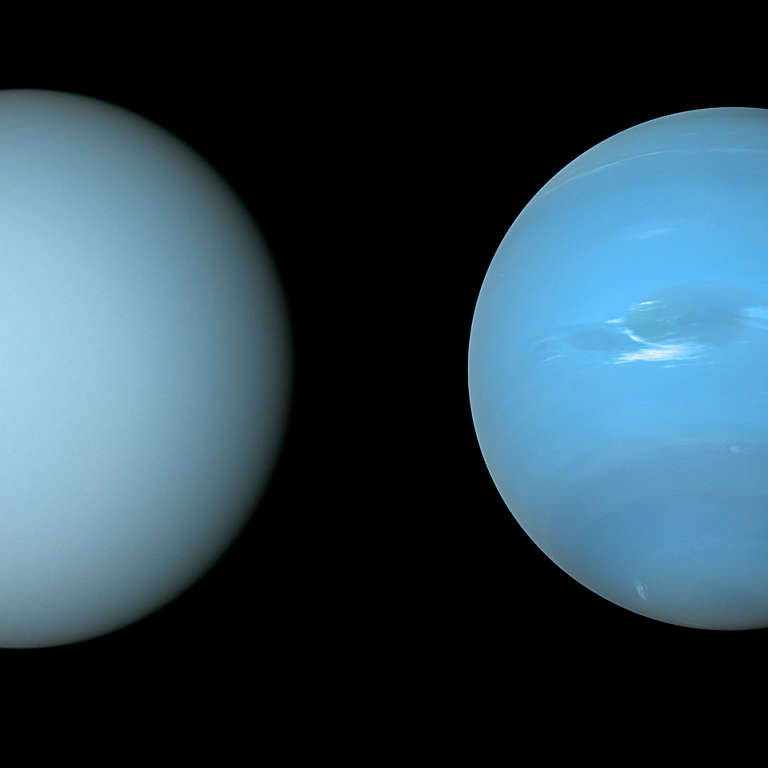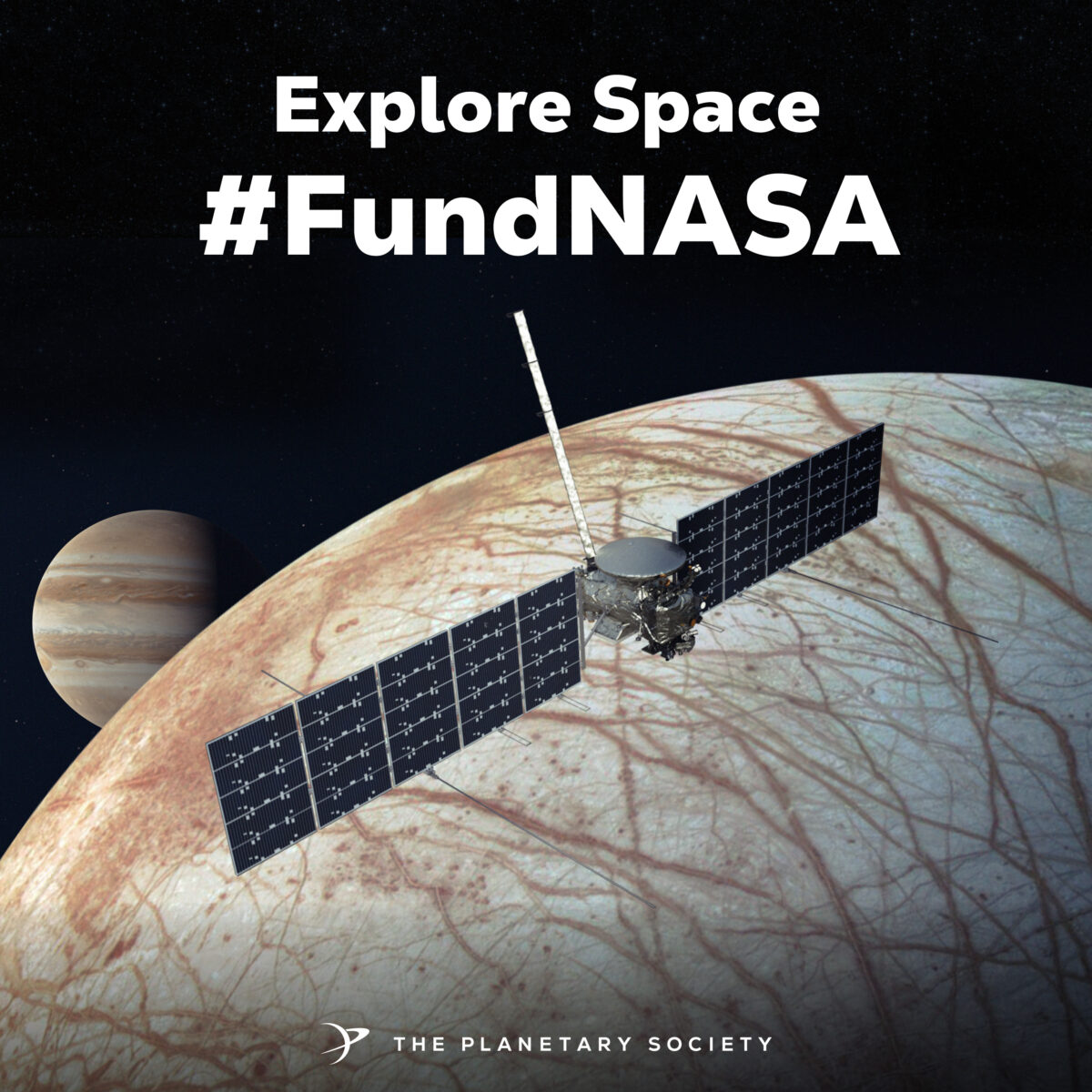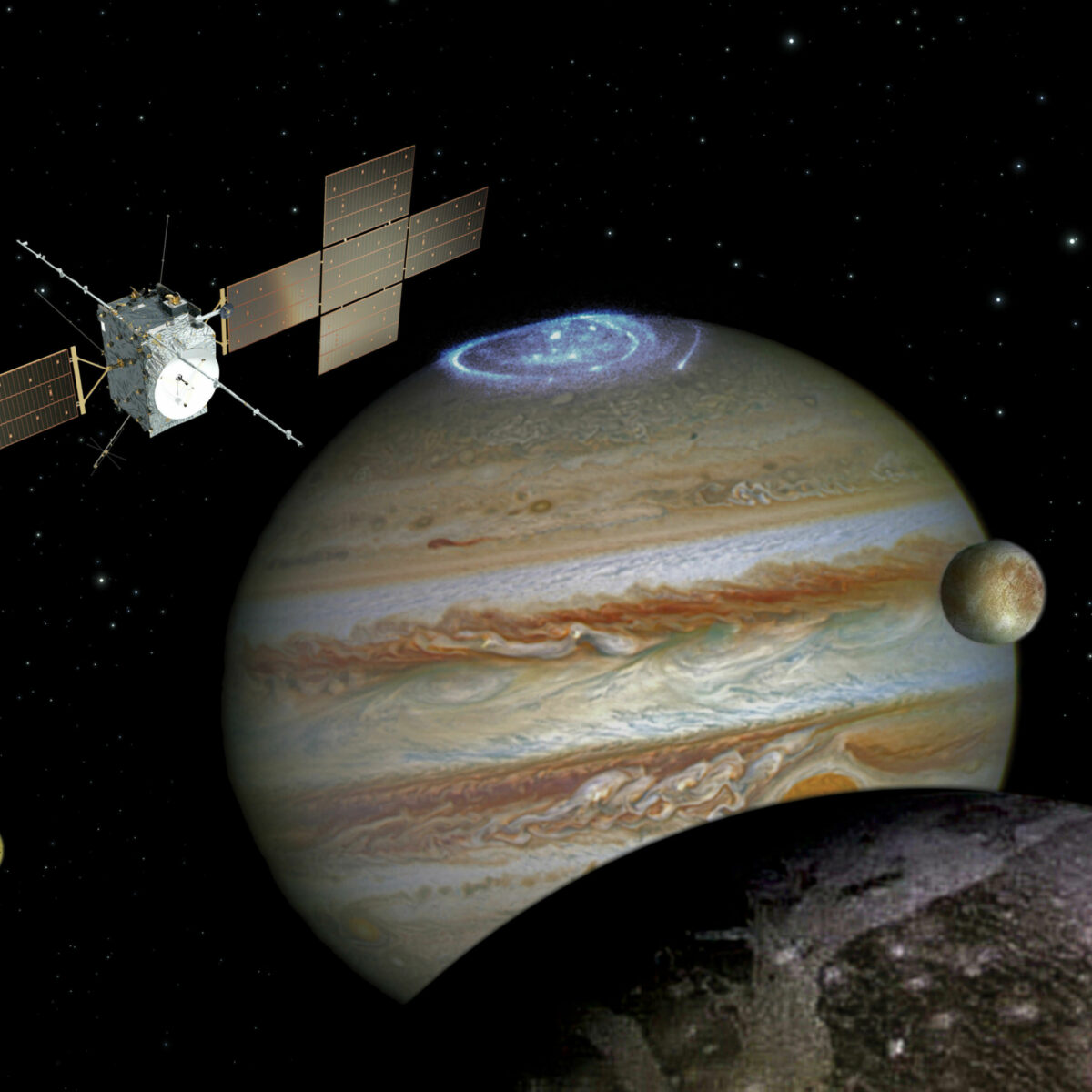All
All
Stories, updates, insights, and original analysis from The Planetary Society.
Europa Clipper launches on its journey to Jupiter’s icy moon
NASA’s Europa Clipper spacecraft launched today aboard a SpaceX Falcon Heavy rocket from NASA’s Kennedy Space Center in Cape Canaveral, Florida.
Europa Clipper: A mission backed by advocates
Europa Clipper will soon head for Jupiter's icy, potentially habitable moon. Without the advocacy efforts of The Planetary Society and our members, the mission may never have been possible.
Could Europa Clipper find life?
For a mission that doesn’t aim to find alien life, Europa Clipper may come surprisingly close.
The Europa Clipper launch: What to expect
NASA is preparing to launch its flagship mission to explore Jupiter’s moon Europa. Launching sometime in October 2024 and arriving in 2030, the mission will explore the icy world with a subsurface ocean that scientists think could have conditions favorable to life.
Earthlings as aliens
Looking at life on Earth from another perspective.
Why does Jupiter spin so fast?
The gas giant is the Solar System's largest planet. Here's why it's also the fastest-spinning planet.
What are competed planetary missions?
A critical part of a balanced exploration program, competed missions are scientist-led projects that cost less and occur more frequently than large, flagship-class missions.
What to look forward to in space in 2024
A total solar eclipse and the launch of Europa Clipper are on our list of cosmic events to get excited about this year.
Why the true colors of the planets aren't what you think
Cameras on our space probes act as proxies for our own eyes, but what they see isn't necessarily what our eyes would see.
Why aren't there more close-up images of Uranus and Neptune?
There aren't many close-up, high-resolution images of the ice giants Uranus and Neptune. The reason comes down to distance.
How do humans try to communicate with aliens?
SETI is the search for extraterrestrial intelligence, using various techniques to look for signals from advanced alien civilizations. METI (messaging extraterrestrial intelligence) is when we send out our own signals for aliens to find.
The scientific truth is out there
The real science of aliens, the policy implications of ET, and new views of worlds beyond our own.
Way out there
We’re always learning more about the worlds of the outer Solar System, and even those beyond.
Moon-spying missions and a planetary evil twin
Whether they’re dedicated to it or not, planetary missions can get beautiful and informative glimpses at distant moons. And who’s the evil twin: Venus or Earth?
Hard-working spacecraft and even harder-working microbes
The Soyuz spacecraft have been helping humans get to and from space for decades, but that’s nothing compared to the billions of years that microorganisms have been making life on Earth possible.
Moonshadow, Moonshadow
The Moon casts shadows on itself and on Earth, environmental concerns overshadow a test launch’s success, and exoplanets are awesome (beyond a shadow of a doubt).
Have a nice flight!
Flying on Titan is easy, but not as easy as flying on Deimos. Plus, Juice takes off and Ingenuity captures a view from the air.
Rocket flight and the five dwarfs
Meet the Solar System’s five official dwarf planets, celebrate two major launches, and find out why planets sometimes seem to go backwards across the sky.
Want more space? Speak up!
Detailed Mars maps, insights into the Venusian surface, and views of Uranian rings all have one thing in common: they don’t happen without public support for space.
Juice launches on mission to explore Jupiter's icy moons
The spacecraft will explore Jupiter's moons Europa, Ganymede, and Callisto, all three of which may harbor subsurface oceans.


 Explore Worlds
Explore Worlds Find Life
Find Life Defend Earth
Defend Earth


 Sun
Sun Mercury
Mercury Venus
Venus Earth
Earth Mars
Mars Jupiter
Jupiter Saturn
Saturn Uranus
Uranus Neptune
Neptune Small Bodies
Small Bodies

